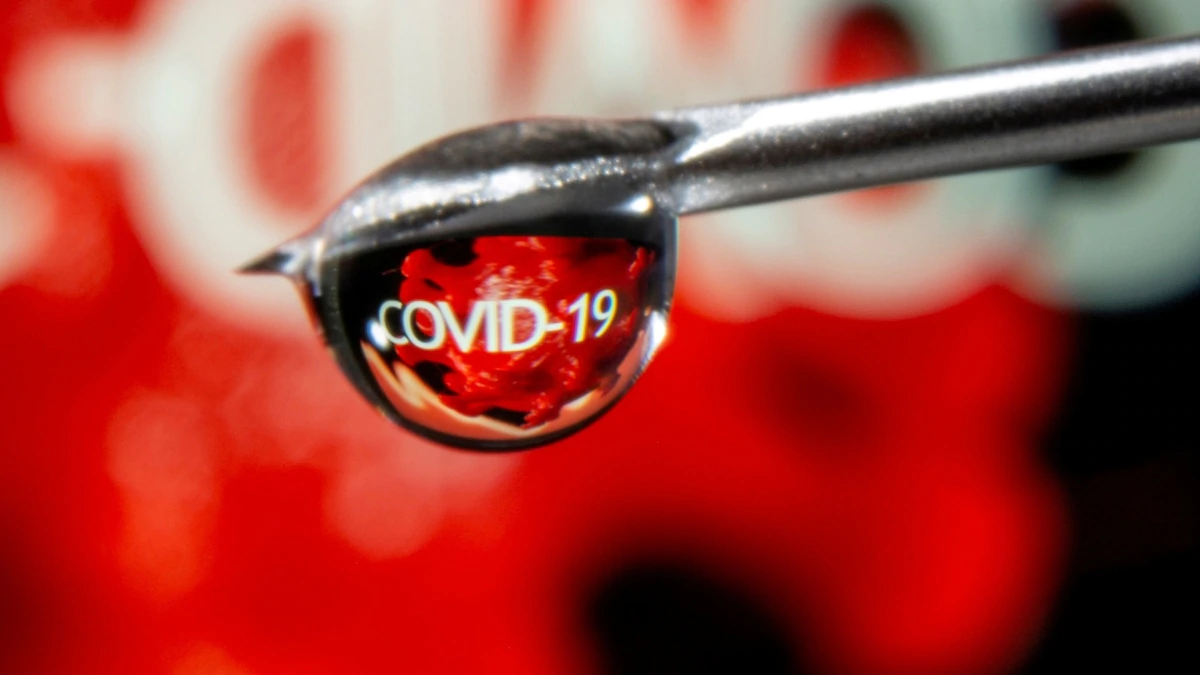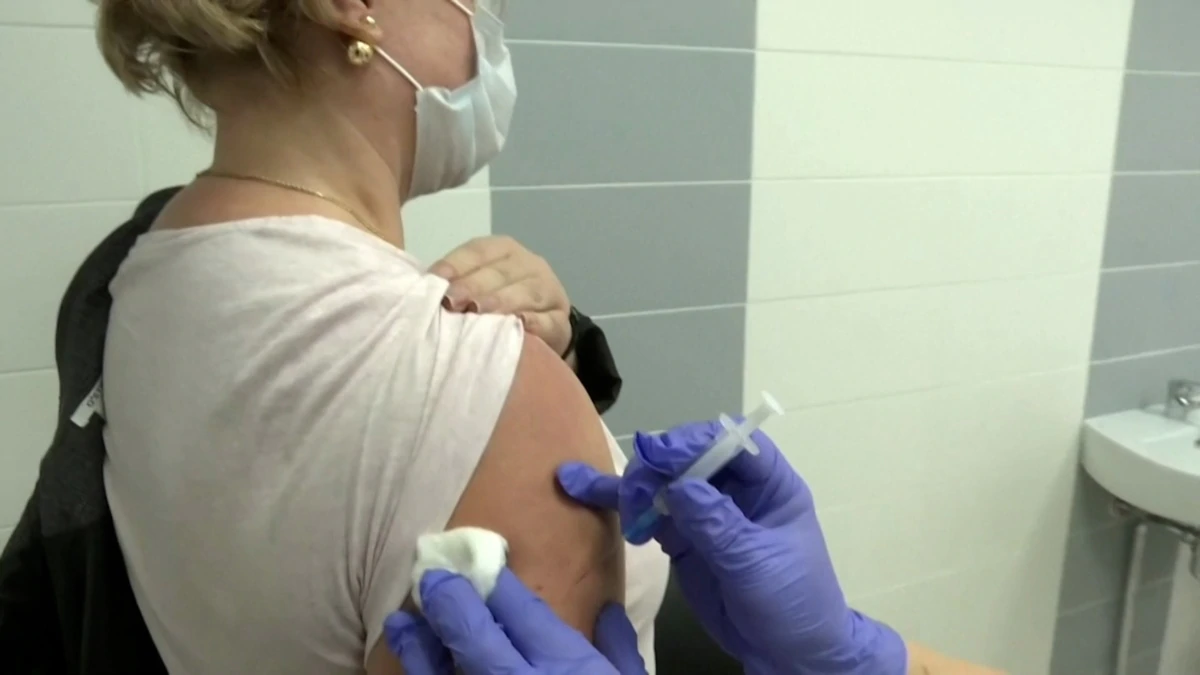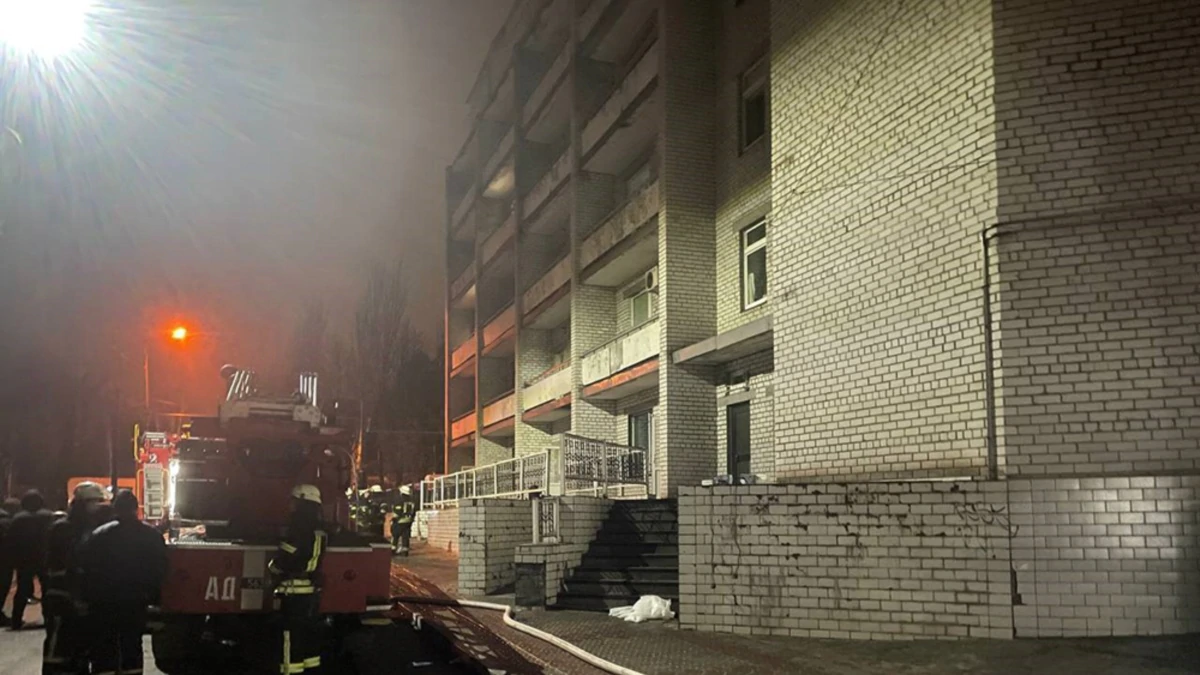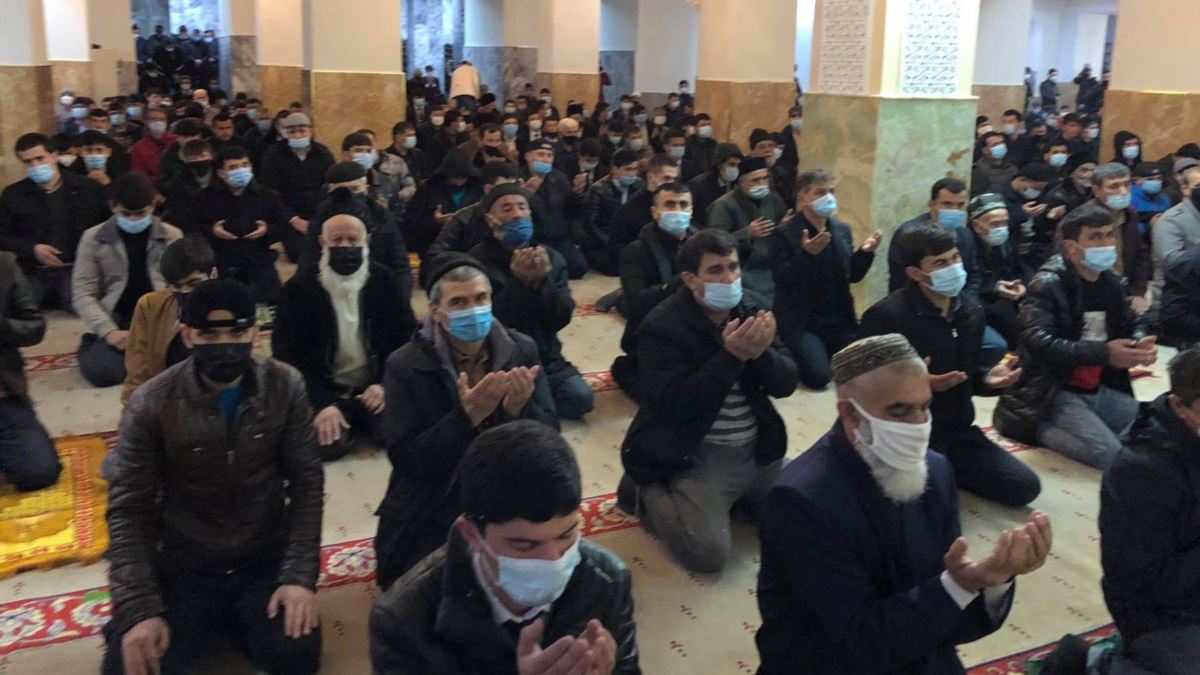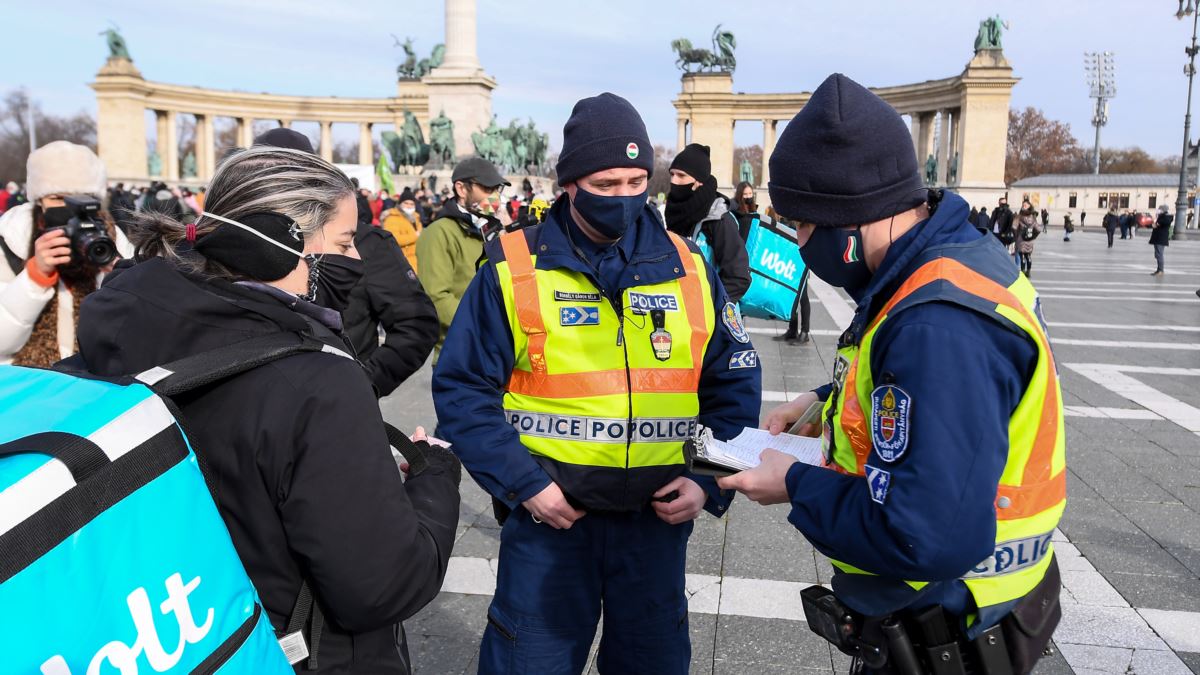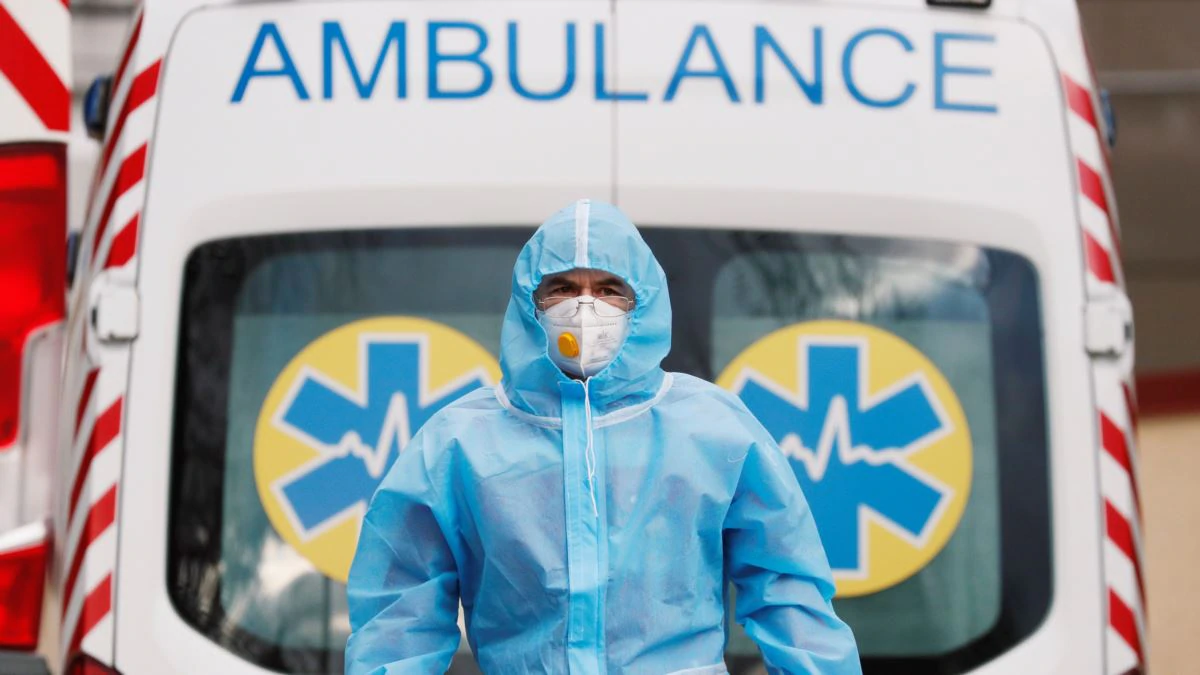As countries in Europe struggle with shortages of COVID-19 vaccines, China has stepped up its efforts in the Western Balkans, supplying injections and collecting diplomatic wins in the region.
Serbia has emerged as the tip of the spear for China’s “vaccine diplomacy” in Europe, where Beijing is aiming to build global influence by sending its injections to poorer countries — filling a vacuum left by Western countries who have bought all of the available doses and are facing production delays for their homegrown vaccines.
While Serbia is a Russian ally and has aspirations to join the European Union, the country’s ties with China have expanded in recent years and deepened further under President Aleksandar Vucic.
During the pandemic, he has not held back in trumpeting his country’s strong ties with Beijing — holding several high-profile press events to praise China’s assistance and famously kissing the Chinese flag in March after medical aid from China arrived in Belgrade.
Serbian President Aleksandar Vucic (without mask) welcomes Chinese health experts and a planeload of Chinese medical supplies to Belgrade on March 21, 2020.
Vucic’s strategy appears to have worked, as Belgrade has leveraged its relations amid the pandemic to diversify its vaccine sources and inject a greater percentage of its population than any other country in continental Europe. As of February 16, Serbia had given at least the first vaccination to about 11.2 percent of its nearly 7 million people, outpacing the EU, which is led by Denmark, with 6.9 percent of its population having received its first shot.
The bulk of those doses — some 1.5 million — have come from China’s state-backed Sinopharm, though Serbia is also using Russia’s Sputnik V vaccine and the U.S.-German Pfizer-BioNTech injection.
The latest Sinopharm vaccine shipment arrived on February 11 at Belgrade’s Nikola Tesla Airport and was welcomed by Serbian Prime Minister Ana Brnabic and Chinese Ambassador to Serbia Chen Bo.
For China, providing vaccines to Serbia serves as an important geopolitical win as it faces stronger headwinds from an increasingly skeptical and disapproving West. Belgrade also becomes an important launching pad for China to gain a foothold in Europe as Beijing seeks greater influence in the region and beyond.
“Serbia has long been a testing ground for China,” Vuk Vuksanovic, a researcher at the Belgrade Center for Security Policy and a former Serbian diplomat, told RFE/RL. “We’ve seen it with defense, construction, technology, and now with vaccines. It’s where Beijing has tried policies that it hopes to test elsewhere in Europe.”
From Masks To Vaccines
For China, the supply of vaccines follows a similar logic to Beijing’s so-called “mask diplomacy.”
That strategy saw it provide much needed masks and medical equipment to countries along China’s Belt and Road Initiative — from Africa to Southeast Asia and the Middle East — in the beginning of the coronavirus pandemic to deflect anger and criticism over Beijing’s handling of the outbreak and to enhance its soft power.
In Serbia, the Chinese vaccines have helped the country become an inoculation leader. Good access to injections has also provided Vucic with a useful foil to criticize the EU and the inequalities in global access to vaccines.
In late January, Vucic compared the global scramble for vaccines with the Titanic disaster. “The world has hit an iceberg, like the Titanic: the rich and the richest only save themselves and their loved ones,” Vucic said. “[The EU countries] have prepared expensive lifeboats for them and those of us who aren’t rich, who are small, like the countries of the Western Balkans — we’re drowning together in the Titanic.”
“For China, it’s a golden opportunity to embarrass the EU and the West more broadly,” Dimitar Bechev, a fellow at the Institute for Human Science in Vienna, told RFE/RL. “This is a chance for Beijing to burnish its global reputation and further its campaign to replace the West as the backbone of international cooperation.”
The EU pledged to give the six prospective EU members in the Western Balkans — including Serbia — $85 million to buy vaccines, but deliveries have been delayed.
The powerful bloc, which buys vaccines on behalf of its 27 member states, has not yet approved the Russian and Chinese injections, even though the manufacturers of the three vaccines being produced in Germany, the United States, and the United Kingdom are struggling to deliver their promised doses to countries.
Instead of waiting for EU help, Belgrade moved to get doses from China, Russia, and the United States directly — a strategy that other countries may be looking to follow.
Beijing was quick to offer support to Serbia after it declared a state of emergency in March after finding itself cut off from access to medical equipment due to EU export restrictions. In what was the first rendition of his recent criticism of the vaccines, Vucic called European solidarity “a fairy tale” and emphasized that only China was willing to offer Serbia a helping hand.
As with the early days of the pandemic when countries were dealing with a shortage of medical equipment, smaller countries on the EU’s periphery are looking elsewhere for help in acquiring vaccines.
North Macedonia is currently seeking to buy 200,000 Sinopharm doses in the hope of inoculating its population quickly.
Bosnia-Herzegovina has received 2,000 doses of Russia’s Sputnik V, with plans for 200,000 more to arrive in the next month. Montenegro is also expecting 100,000 doses of the Russian vaccines — a significant number for its tiny 625,000 population.
“Those countries outside the EU are left in the cold and have no other choice,” Bechev said.
Workers unload containers holding 500,000 doses of China’s Sinopharm vaccine from a special Air Serbia flight at Belgrade’s airport on February 10.
At least one EU country, Hungary, is following Serbia’s example by procuring Chinese and Russian vaccines. Budapest unilaterally approved the Sinopharm injection for emergency use on January 29 and has ordered 5 million doses, the first of which arrived on February 16.
Others may also take the same approach.
Czech Prime Minister Andrej Babis has expressed an openness to follow the embrace by Hungary and Serbia of Chinese, Russian, and Western vaccines — visiting Budapest and Belgrade on February 5 and February 10, respectively, to meet with leaders and discuss their strategies.
Pandemic Politics
Serbia’s growing success in its vaccine strategy is a product of a foreign policy that has looked east and west, which was on full display in the vaccine preferences made by members of the Serbian government.
Prime Minister Brnabic received the Pfizer-BioNTech vaccine while Interior Minister Aleksandar Vulin and parliament speaker Ivica Dacic took Sputnik V. Not to leave anyone out, Health Minister Zlatibor Loncar posed for his shot of China’s Sinopharm. Vucic has also indicated that he would likely roll up his sleeve for the Chinese injection.
But despite the clear overtones, the Serbian government has insisted its vaccine strategy is not driven by world politics but rather is focused on rolling back a public health emergency.
“For us, vaccination is not a geopolitical matter. It is a health-care issue,” Brnabic told the BBC in a February 10 interview.
According to Vuksanovic from the Belgrade Center for Security Policy, Serbia’s embrace of China’s vaccine diplomacy should be seen in the context of the country’s wider foreign policy balancing act. “It is also a way to provoke and leverage the EU to do more,” he said. “The China factor is an important way to extract as much as you can from Beijing, but also to potentially motivate the Europeans to do more.”
Following Vucic’s criticism of European solidarity and praise for China in March for its “mask diplomacy,” the EU eventually stepped up and delivered medical equipment to Serbia as part of a $112 million aid package.
But Beijing’s strategy appears to be making gains: Surveys show that China is viewed overwhelmingly positively in the country, showing that its diplomatic efforts during the pandemic have been fruitful.
The larger question for China is whether it can build upon its foothold in Serbia and make gains elsewhere in Europe.
Beijing hosted a virtual summit for a bloc of Central and Eastern European countries on February 9 amid growing pushback toward China and its entities in the region.
Despite being chaired by Chinese leader Xi Jinping, the meeting received the lowest level of representation since it was founded in 2012 — with six European states not sending either a prime minister or a president.
Despite that mild show of disinterest in a major Beijing event, many countries in the region are looking to keep their ties with Beijing intact amid the uncertainty and gridlock in the EU over the vaccines.
“Even those countries in Eastern Europe who are becoming disillusioned with China still might keep their China card around to play depending on how things shake out,” Vuksanovic said.
This post was originally published on Radio Free.
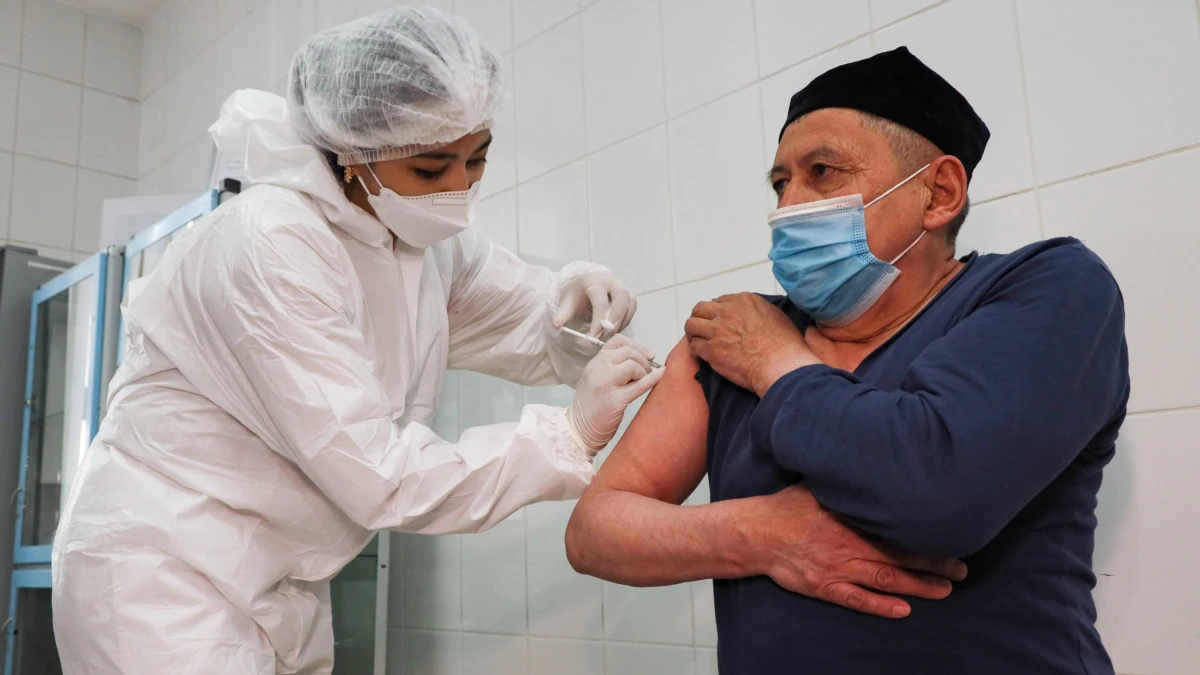
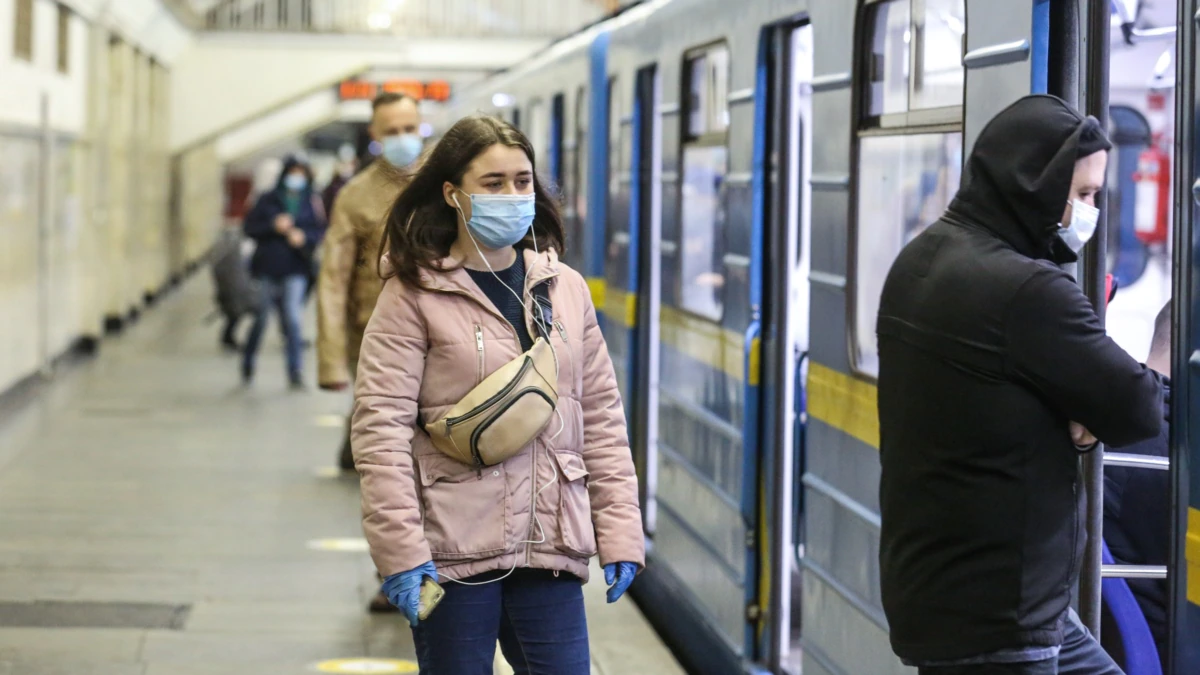
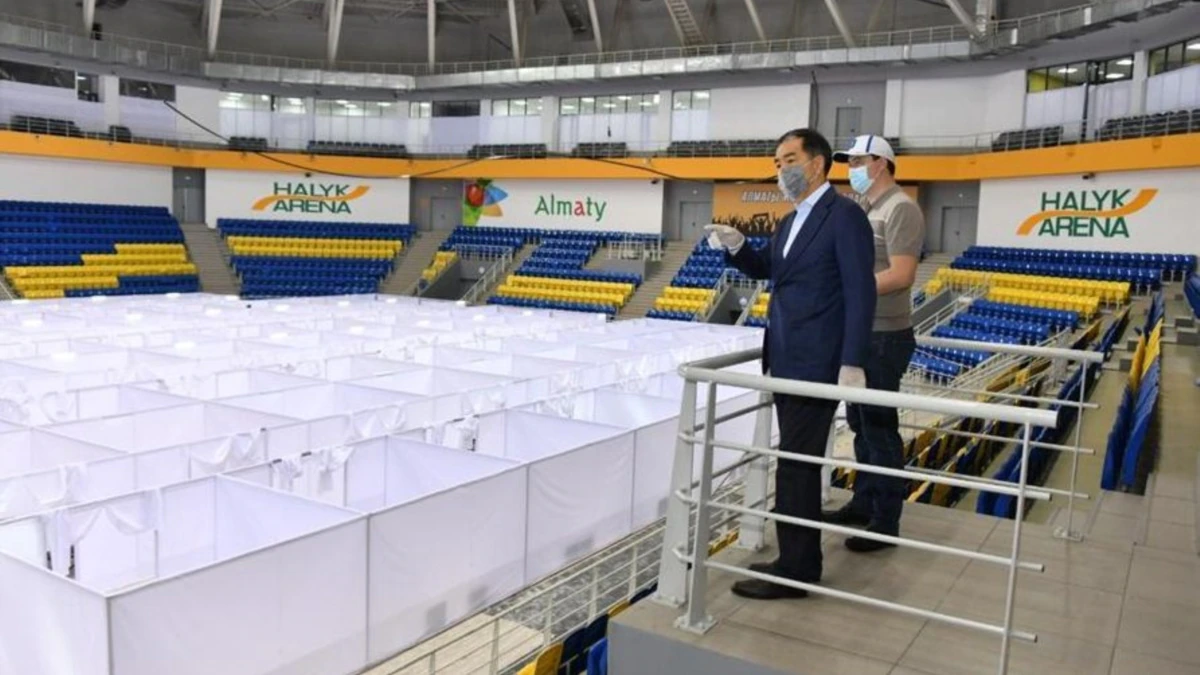
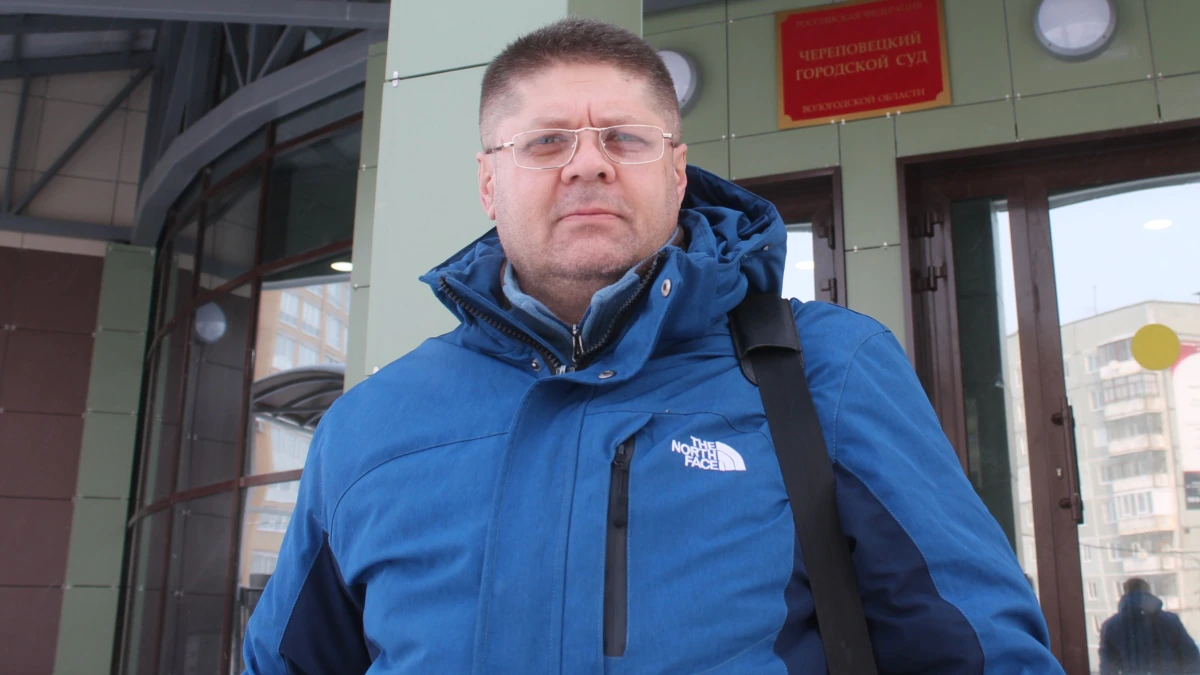



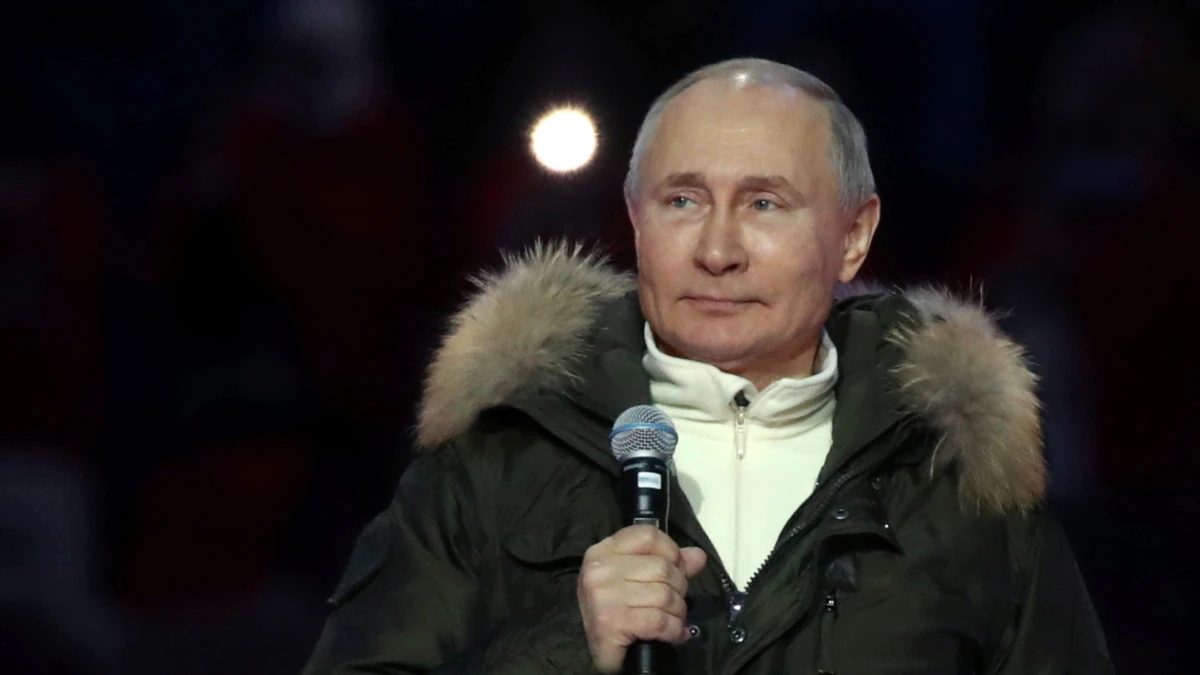

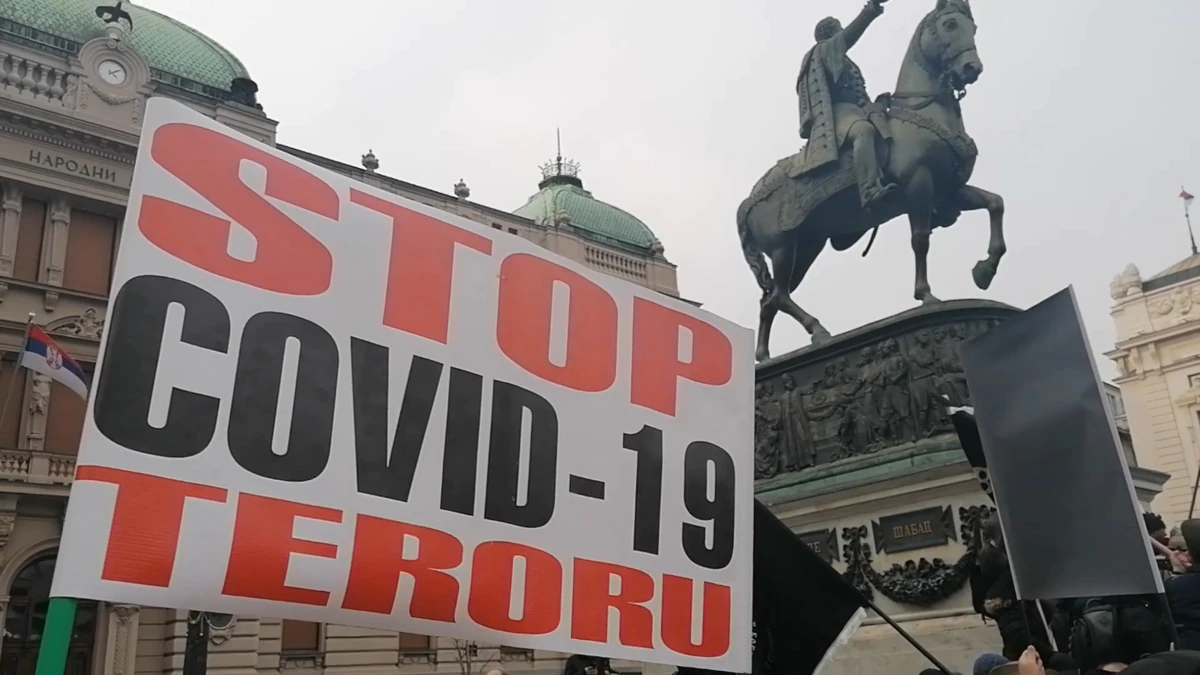



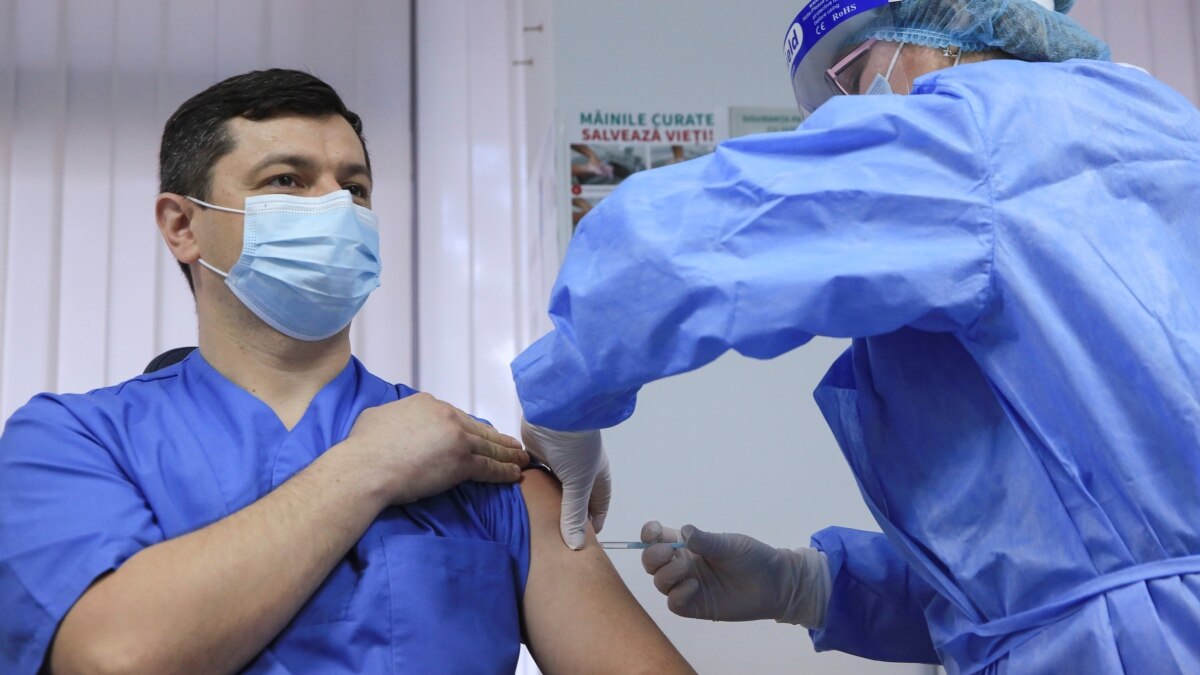
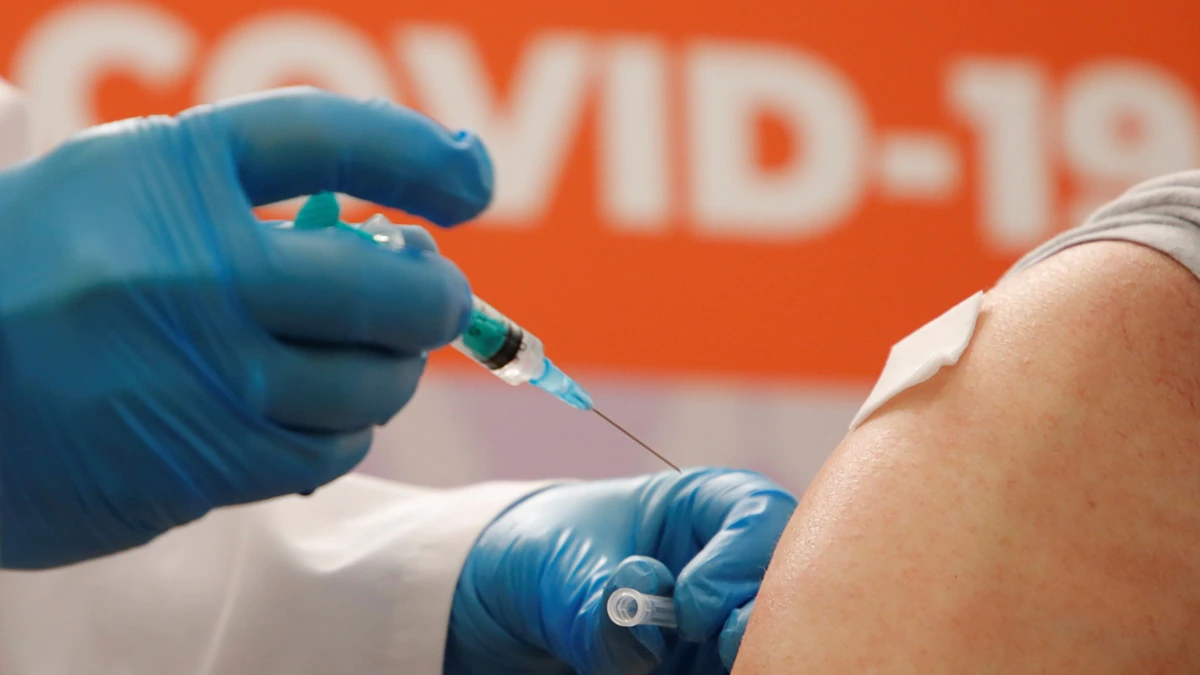
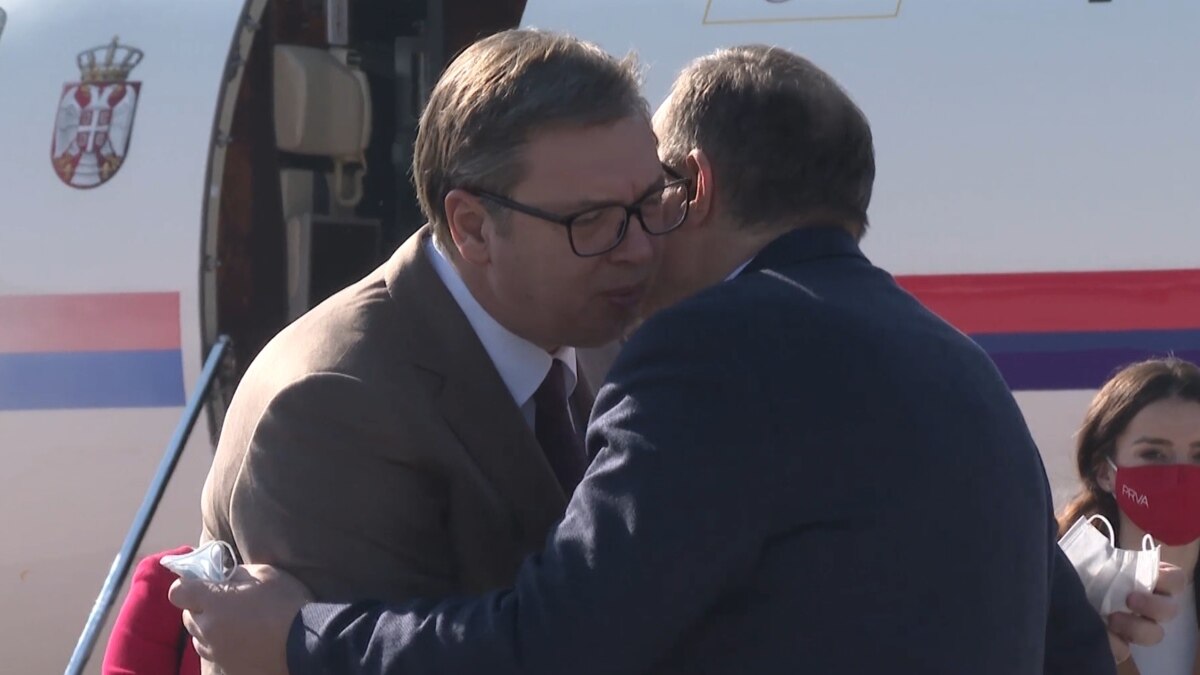


!["I can say without any doubt that since I was appointed health minister on May 5...the government has been providing completely free medical treatment for [COVID-19] patients," Health Minister Jamoliddin Abdullozoda told reporters on February 12. (file photo)](https://gdb.rferl.org/fa5796ab-8f64-4917-82ba-00f238c91fb6_w250_r0_s.jpg)


